Control, Power, Mastery
October 22, 2024
A great number of us believe that we are masters of our lives, but in fact we don’t master, we control ourselves. Controlling ourselves and mastering our lives are two radically different concepts. Whether we are attempting to control something, someone else, or ourselves controlling means watching, dominating, checking and always being on the lookout.
For those whose jobs consist of verifying the quality of a product, for example, or supervising the work done by co-workers, or making sure a piece of equipment is in good working order, it’s normal to be “in control” as this is what they were specifically hired to do. However, in order to be happy and feel good in life, it’s important that we step out of the habit of controlling who we are and become masters of our lives.
Those known to be masters or who master their own lives do not need others to lead them. They know how to remain calm when facing adversity and focus their energy to act efficiently instead of reacting emotionally, whether with others or themselves.
Control ensues from the ego taking charge; mastering our lives is possible only when we remain centered in our hearts.
A master does not fall for the illusion of power; he knows he has the power to lead his own life.
It’s therefore important that we strive to achieve more mastery in our lives rather than controlling other peoples’ lives in order to make ourselves feel powerful (which is an absolute illusion). Developing our powers must serve no other purpose than becoming aware of our great spiritual strength. Unfortunately, the contrary is too often true. The more we discover our power the more likely we will want to show off strictly to boost our own ego.
The sea of control in which our world swims appears to be normal only because we have been exposed to it since birth. Our parents, teachers, religions and educational systems, our governments, medical establishments and everything around us were built upon the notion of controlling others. A minute minority actually controls the vast majority. We are still far from self-mastery, but once that state is reached, the very idea of systems based on control will become obsolete.
When we were very young, our parents controlled the way we dressed, our studies, our friends, our food, the number of hours we slept or, in short, everything they could interpret as “good” or “bad.” We have grown up in that atmosphere so, once adult, it appeared normal to us. From then on, we adopted one of these two attitudes: either we allowed others to control us (and therefore tried to control others to compensate), or we did everything possible not to be controlled by others. It is essential that we get to know ourselves better in order to identify the belief systems (also referred to as “parts of ourselves” or “personalities within us”) that control us and keep us from being who we truly are.
Have you ever noticed that control is at the center of many of your emotions? The moment you want to control yourself or someone else and you don’t succeed, you feel angry, frustrated, disappointed and even despondent. You can also feel disempowered since things didn’t go the way you wanted them to. You then risk being caught in a vicious circle because the angrier you get, the more you accuse others and the less you actually control the situation. The less you control, the more frustrated you get, and to top it all off, you start feeling guilty because you are out of control.
The less mastery you have over yourself, the more you try to have power over those around you so you can feel that you have not lost control of the situation. The angrier you are, the more emotional you get in certain aspects of your life, which closes you off to anything new in those aspects.

